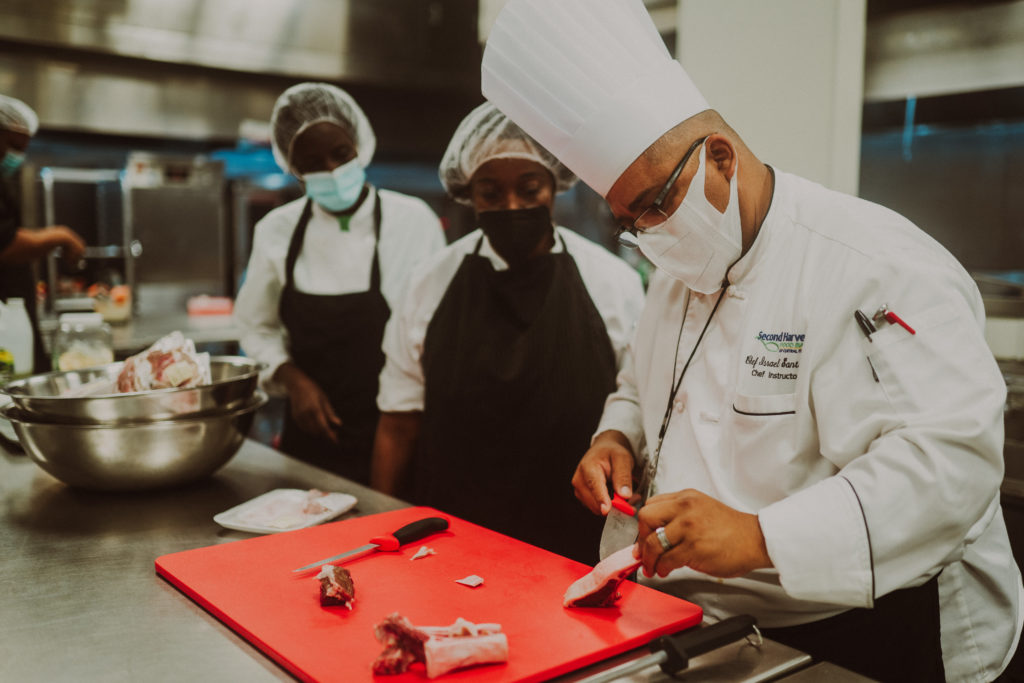
What if we could feed the hungry, help veterans, homeless families and low-income adults find skilled work, fill a critical gap in the local economy, and save taxpayer dollars — all at the same time?
That’s the question facing the Florida Legislature this year, as our legislators decide whether to grant funding to Second Harvest’s Culinary Training Program, through SB 1065, sponsored by state Sen. Jason Brodeur and state Rep. Kamia Brown. By providing tuition-free education in food preparation and safety, the program helps at-risk adults find skilled work and a path to self-sufficiency.
For students like Rachelle, who graduated from the program in 2019, it’s a life-changing opportunity.
Unable to cover rising rent, Rachelle and her family sought help at a homeless shelter. She heard about the Culinary Training Program and knew it would mean a brighter, more stable future for her children. After 16 weeks of intensive training, Rachelle earned her certification and was hired at an assisted living community.
“I don’t want to be a burden,” she said. “I don’t want to rely on government programs like SNAP or pray that overtime is always available.”
She’s not alone. To date, 385 students have graduated from the Culinary Training Program, and 60 more enroll each year. Roughly 10% of the program’s students are veterans, one third are homeless, and many, like Rachelle, are parents caring for children. Every student is placed in a living-wage position after graduation.
And it’s not only the students who benefit — just ask Florida’s employers.
“Finding the right people,” said John Rivers, CEO of 4 Rivers Smokehouse. “That’s the number one problem facing us today.”
As the hospitality industry booms in Central Florida — with tourism, visitor traffic and new restaurant openings at an all-time high — growth in food service jobs outpaces the availability of certified workers.
“Right now, hospitality employers are paying more to recruit and train unskilled employees, and it’s all compounded by turnover,” Rivers said. “Second Harvest’s students have the skills we need, and they’re eager to work. That’s huge.”
Not all benefits are quantifiable, added Rivers: “Companies need meaning and purpose in their community, or they won’t last. You don’t achieve that just by donating or showing up at functions — you have to create jobs that improve lives.”
Taxpayers stand to profit, too. By lifting families out of poverty, the Culinary Training Program reduces government spending on food assistance, emergency shelters and other humanitarian services. By filling essential positions, it boosts growth in one of Florida’s largest industries and increases tax revenue. Put together, that generates a 308% return on investment for Central Florida.
If SB 1065 is passed, the Culinary Training Program’s funding will increase by $500,000, helping Second Harvest meet the demands of a growing hospitality industry through the training of economically disadvantaged adults in our community, and enhance their skills through the addition of a baking track. Private donors will match the request cent-for-cent. You can show your support by signing up for our advocacy email list to stay up to date on any future actions at feedhopenow.org.
The Culinary Training Program is a win for everyone: taxpayers, industry leaders, community members and families in need. That’s not something we see every day — and it’s up to us to make sure it succeeds.


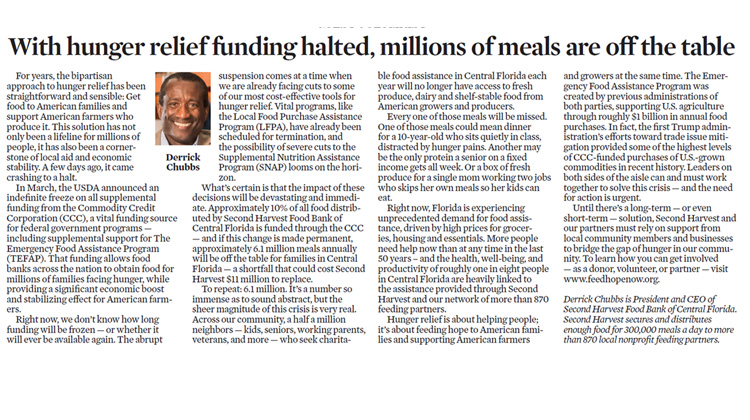
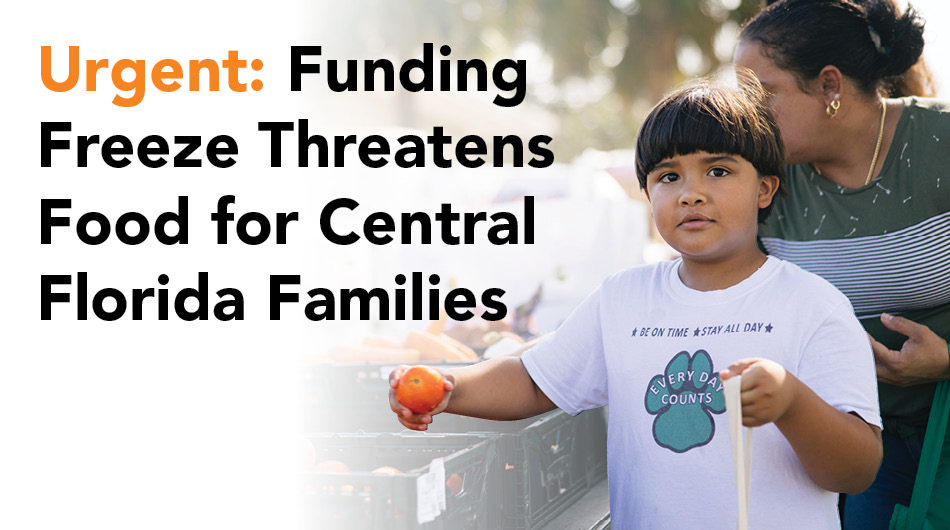
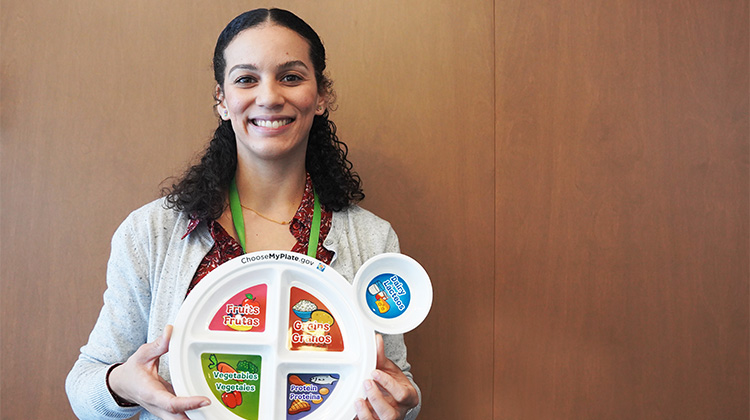


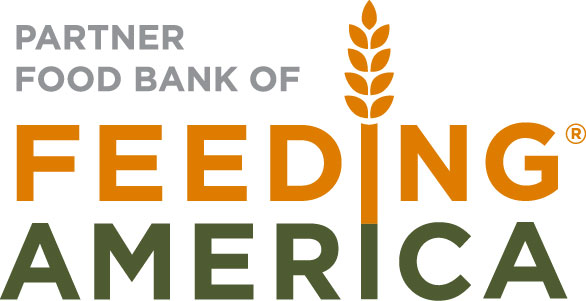
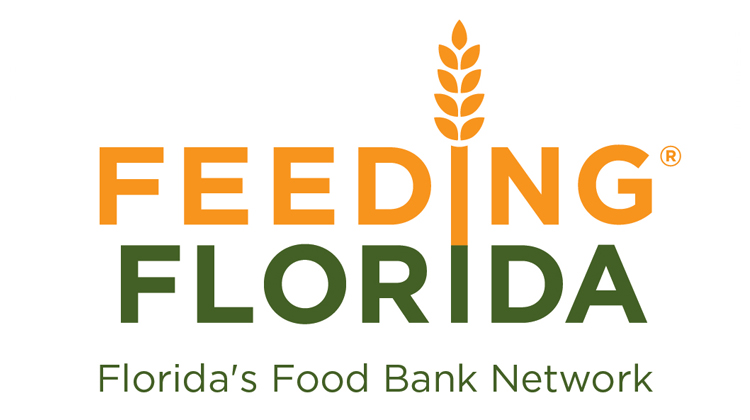
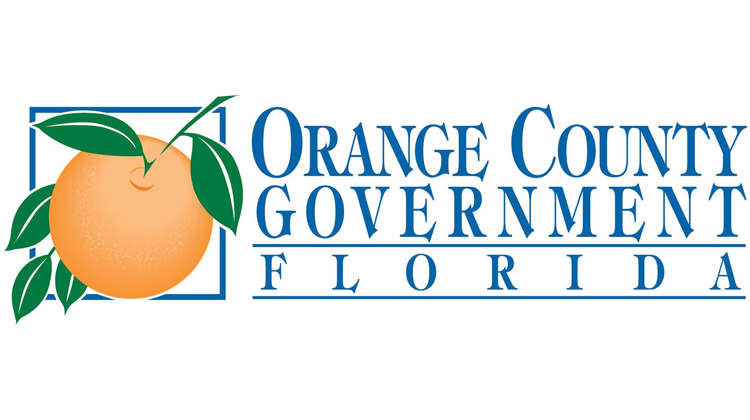
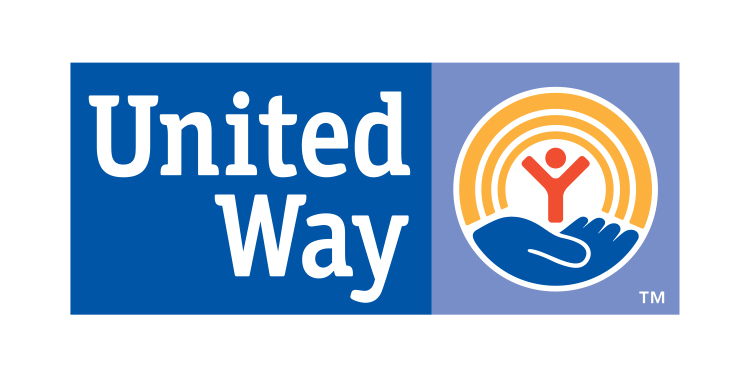

Leave a Reply